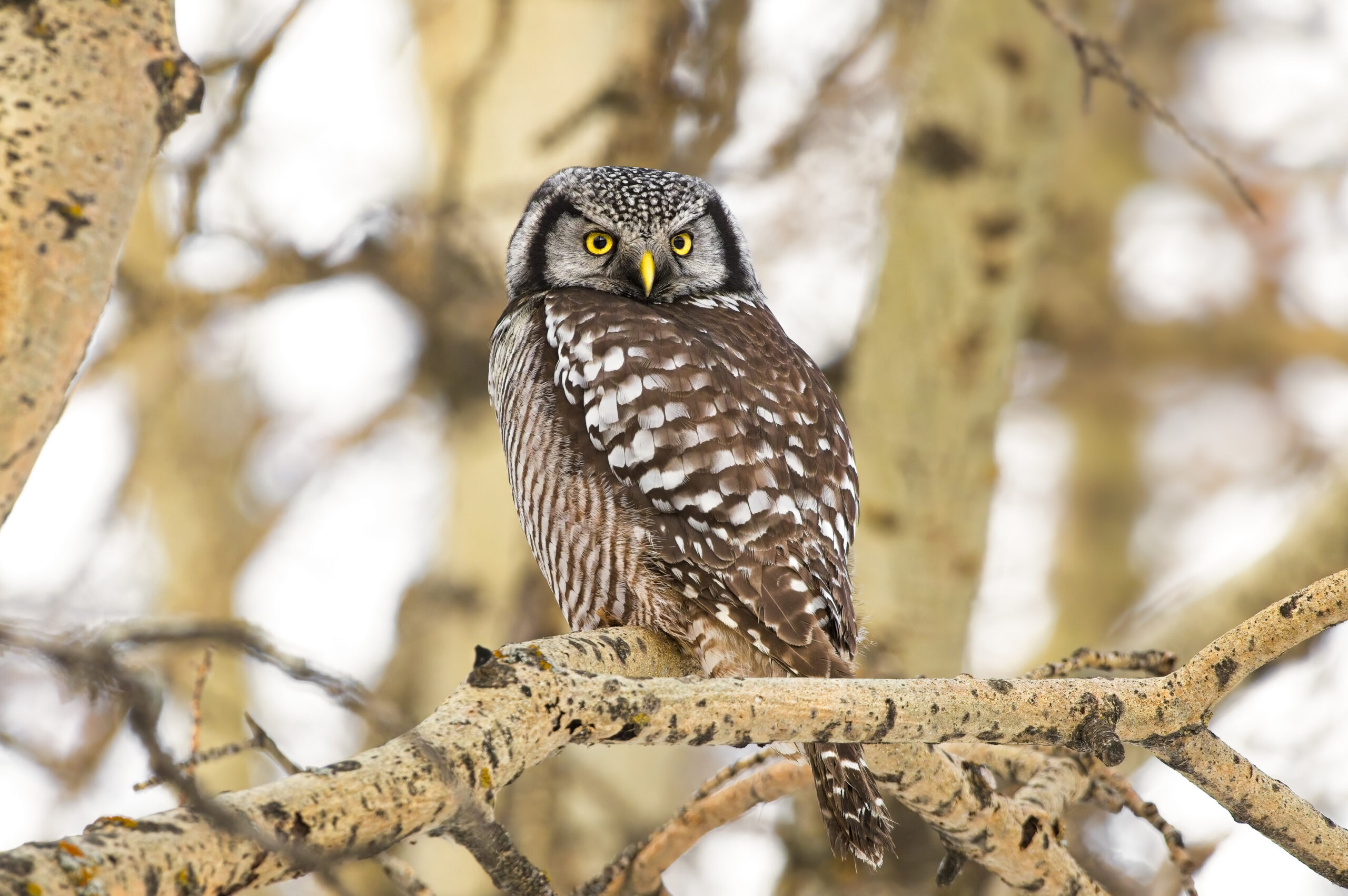The invitation to be still is ancient. Words from our distant past hint at the perennial stress of busy-ness and noise on the human soul. For as long as we can recall, we have been looking for stillness and rest. Psalm 46, written some three thousand years ago invites worshipers to “be still and know that I am God.” Roman philosopher and stoic, Marcus Aurelius similarly recognized the need for calm, saying, “the best answer to your anger is silence.” Saint Augustine later encouraged others, “Let us leave a little room for reflection in our lives, room too for silence. Let us look within ourselves and see whether there is some delightful hidden place inside where we can be free of noise and argument.”
It is almost hard to imagine that noise and busy-ness would have been a hassle to ancient people. Their world seemed so simple, so free of demanding emails, urgent phone calls, and traffic jams. Yet it seems that they had a longing for stillness, and found comfort in it. They were able to attend to their anxiety, anger, and deeper spiritual longings as the found time to stop and wait in quiet rest.
Today we are bombarded by information and often more than we can reasonably hold. We can look up news, recipes, opinions, weather, and notices from our friends and family at anytime and anywhere. All the while we are on the receiving end of advertisements geared to get our attention and disrupt our day. Yet for all this noise, Herbert Simon wrote that, “a wealth of information creates a poverty of attention.” As the world comes at us with notices and information, we are increasingly unable to focus on any of it.
It is possible, and perhaps likely, that all this information is numbing our ability to attend to what is most important to us and those we love. Do we hear the voice of our spouse, child, or friend when they reach out in the midst of the noise? Do we hear our own thoughts, pay attention to our own emotions, or hear the whisper of God? Noise and the rush of life can drown out what we deeply love or long for. Silence and stillness serve as a sanctuary to help us remember.
Perhaps this is why the ancient traditions of Advent, these weeks leading up to Christmas, have been making something of a comeback. It is a call to stillness and waiting. It is an invitation to turn down the noise and make space in our lives where quiet is allowed and enjoyed. Stillness may not be for ancient philosophers alone, it may be precisely the gift we need today. It is a gift we can nurture in our own lives, and between us and those around us.
May you discover the ancient gift of stillness, and the power it has to help you listen and connect with others. It may be the best gift you can give yourself and those you love this Christmas.







